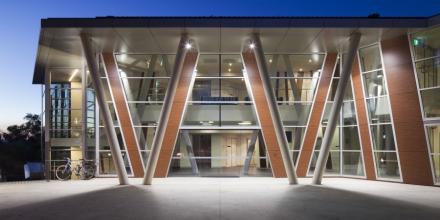Institutional settings and value adding in Indonesian mining: past and present

Event details
ACDE Seminar
Date & time
Venue
Speaker
Contacts
Starting in 2014, Indonesia implemented legislation banning exports of unprocessed minerals to force producers to invest in processing facilities to add value to the commodities before they are exported. Indonesia has long been a major producer of minerals for international markets. This paper establishes what light past experiences with the development of the mining sector shed on these developments. It quantifies the growth of mining production in Indonesia, as well as value-adding on the basis of new consistent time series since 1870. It also analyses the institutional arrangements that past governments implemented in order to maximise resource rents and domestic value adding. It finds that production and exports of mining commodities increased and diversified over time. The development of the mining sector depended on changes in market prices, in the technologies used and the cost of mining production, and in the institutional arrangements in Indonesia that guided decisions regarding foreign and domestic investment and entrepreneurship in the mining sector. Although some episodes of rapid increases in commodity prices yielded resource-booms, most of the development of mining activity in Indonesia was the result of the gradual accumulation of investment in mining and in the required processing and transport-related facilities.
Updated: 16 May 2024/Responsible Officer: Crawford Engagement/Page Contact: CAP Web Team






